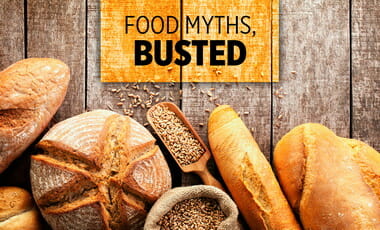“A very common defect of Russet Burbank potatoes is called net necrosis,” Pollan says in the clip. “And you see potatoes with little brown lines sometimes, or spots that comes through it. Well, McDonald’s won’t buy them if your potatoes have that. And the only way to eliminate that is to eliminate an aphid and the only way to do that is with a pesticide called Monitor that is so toxic that the farmers who grow these potatoes in Idaho won’t venture outside into their fields for five days after they spray.” — Michael Pollan
The only question to ask, is, “is this true?” Or, as a layman — “is there at least some reasonable ‘counter’ to this?” Quickley:
- Bayer requested the U.S. Environmental Protection Agency cancel its product registration of Monitor in 2009, and the U.S. Centers of Disease Control and Prevention said all use ended that September. By the time Pollan gave his talk in 2013, the pesticide hadn’t been used for four years. (POLITIFACT)
I found something:
…. In the comments, people claiming to be potato farmers were quick to point out that this is false information.
“I can confirm this is false information as a farmer in Idaho who grows potatoes,” user Sheena Rush wrote.
Even those who claimed to know McDonals’s potato farmers jumped in.
“My friend grows McDonald’s potatoes in Idaho,” user Bradly Cook wrote. “This is not the case at all.”
According to the Centers for Disease Control and Prevention, the use of Monitor insecticide was voluntarily canceled in the U.S. in 2009. This means that it was no longer in use even at the time Pollan gave his lecture.
McGill University also says that Monitor was discontinued by McDonald’s in 2009, writing that “while Pollan doles out the good ‘eat food, mainly plants, not too much’ advice, his attacks on processed foods are, often times, overzealous. Such is the case of Pollan and McDonald’s fries. ….


